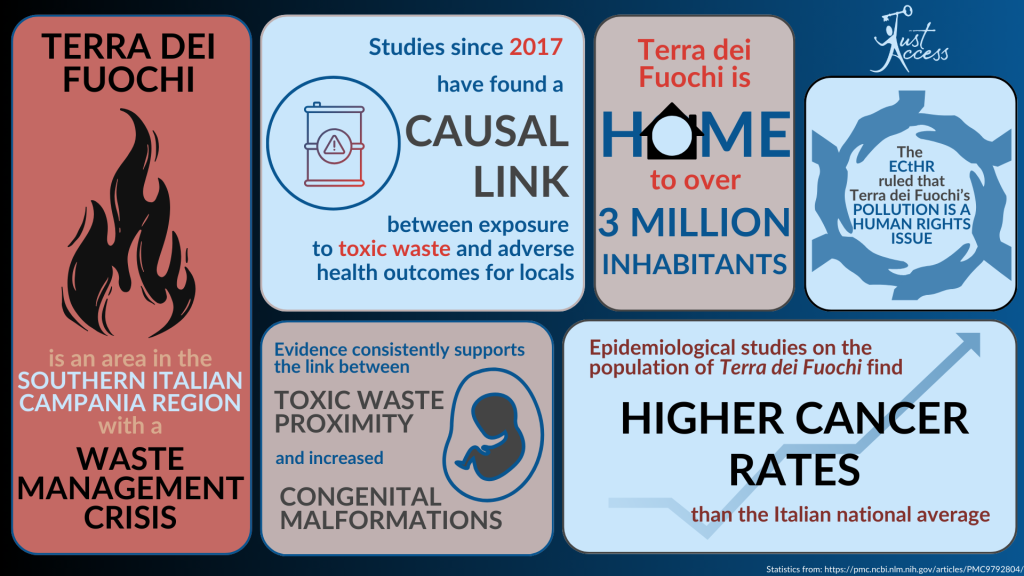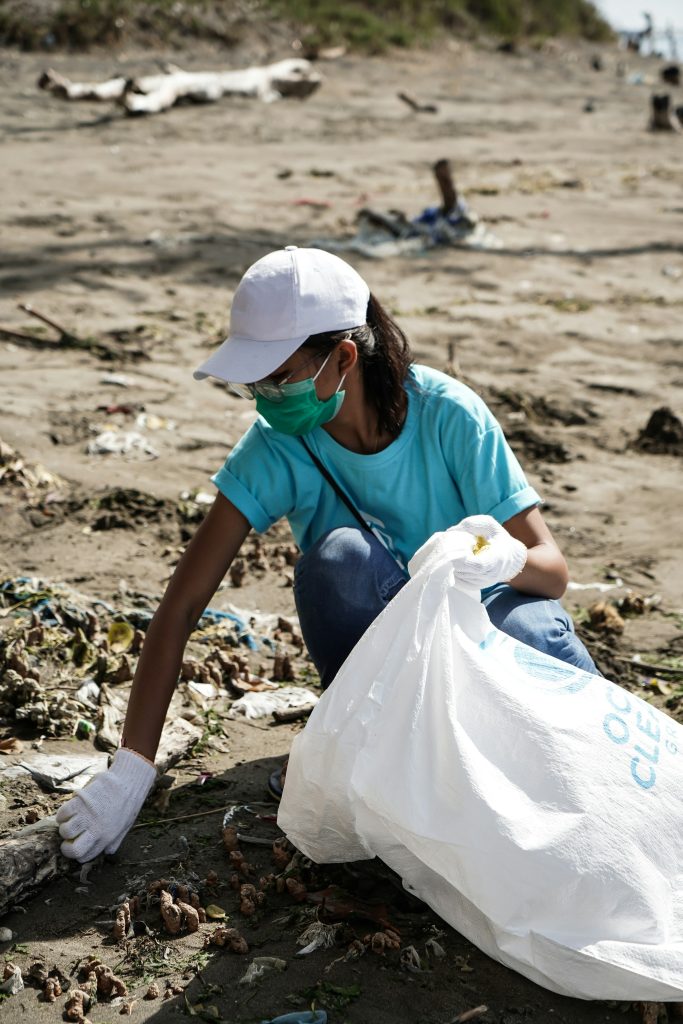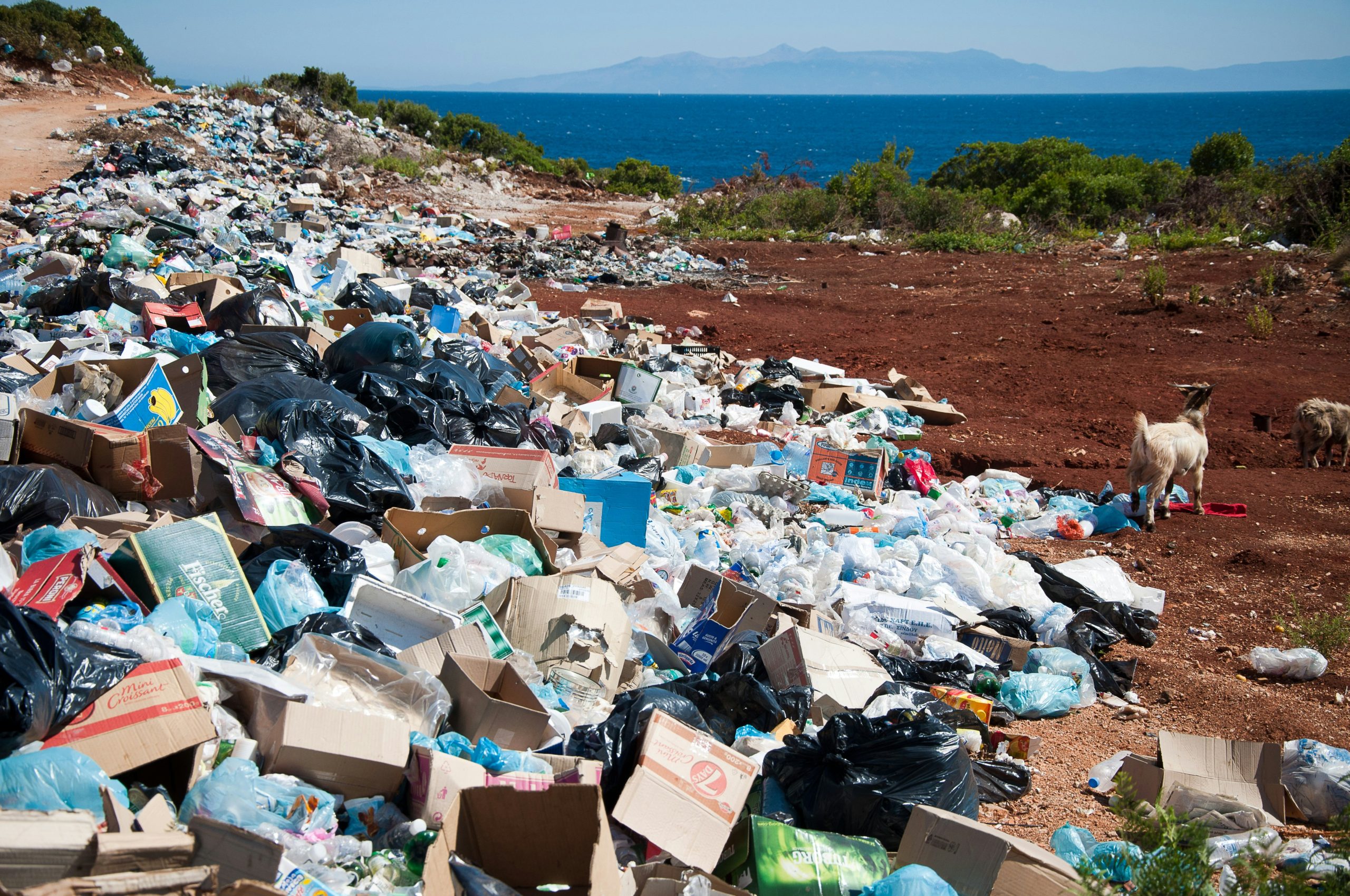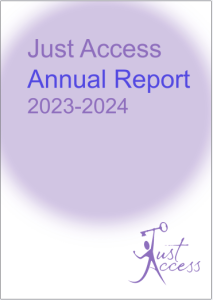
Luca Brocca
Just Access Representative to the UNCAC
The European Court of Human Rights (ECtHR) recently delivered a major verdict in Cannavacciuolo and Others v. Italy, and it’s safe to say that Italy will not be celebrating this one. The Court showed the legal consequences of governmental inaction in the face of an ecological crisis. Spoiler alert: the ECtHR doesn’t approve.
The Problem: Trash, Fires, and a Lot of Waiting
This case centres around the infamous Terra dei Fuochi (Land of Fires) in Italy, an area in the Campania region plagued by illegal waste dumping and uncontrolled fires that have led to severe environmental and health consequences. For years, residents have endured toxic smoke and dangerous pollutants, with little intervention from Italian authorities.
The applicants, residents of the region, took the matter to court, arguing that their rights under Article 2 (Right to life) and Article 8 (Right to respect for private and family life) of the European Convention on Human Rights were violated. They claimed that the government’s sluggish response to this environmental disaster was putting their health, lives, and homes at risk. Italy, on the other hand, insisted it had put sufficient measures in place.

The ECtHR’s Take: Governments Can’t Just Hope a Crisis Goes Away
The ECtHR had two main legal questions to tackle:
- Did Italy’s inaction put lives at risk, violating Article 2?
- Did the pollution and government neglect infringe on the right to a safe home and family life under Article 8?
Article 2: The Right to Life
The Court found that Italy failed its duty under Article 2. The decision declares that European Governments have a duty to protect people from known life-threatening risks, including environmental hazards. Italian authorities were aware of the dangers posed by the pollution for years, yet their response remained insufficient.
The government’s sluggish response to this environmental disaster was putting health, lives, and homes at risk.
The ruling highlights a crucial legal matter: when it comes to environmental hazards, states cannot simply react after the harm has occurred. They must take preventive action to mitigate risks before they escalate into a crisis. Moreover, governments have an obligation to provide residents with clear and timely information about environmental dangers so they can protect themselves. This was something that, according to the ECtHR, Italy failed to do.
Support our work!
We can only do our work thanks to the support of brave, passionate people like you!
Your donation will help us to keep fighting for human rights and access to justice for everyone, everywhere.
Article 8: Right to Respect for Private and Family Life
As for Article 8, the court deemed it unnecessary to assess the matter separately, since the applicant’s arguments under this Article were largely identical to those presented in their complaint under Article 2.
Regardless of the violation of Article 8, the ruling reiterates that states cannot absolve themselves of their responsibility to intervene simply because the pollution was caused by private parties. Governments are required to regulate and enforce environmental protection standards, ensuring that citizens do not suffer as a result of illegal waste activities.
The European Court of Human Rights made it clear that pollution is a human rights issue, not just an environmental one.
Why This Ruling Matters
This ruling looks like it is part of a broader trend in which the ECtHR is increasingly recognising the connection between environmental harm and human rights violations. The Court’s decision follows similar cases, such as Verein KlimaSeniorinnen Schweiz v. Switzerland, where it emphasised states’ obligations to protect their citizens from environmental harm.
This case is another major step forward in holding governments accountable for environmental negligence. The Court made it clear that pollution is a human rights issue, not just an environmental one. Governments cannot afford to be passive in the face of ecological crises as inaction will lead to legal consequences.

What’s Next?
For Italy, the decision is a call to action. Now, the Italian government must implement effective measures to clean up Terra dei Fuochi and prevent similar crises from occurring in the future.
States must act to safeguard both their citizens and the planet.
Beyond Italy, this ruling could spark more environmental cases across Europe. With climate change and pollution becoming increasingly urgent legal issues, other European governments may face similar challenges if they fail to take proactive measures. European citizens now know they can take their governments to the ECtHR and demand action for similar cases.
Final Thoughts
The ECtHR’s ruling in Cannavacciuolo and Others v. Italy will be studied for years to come in environmental human rights law. It establishes that prolonged governmental inaction in the face of environmental threats is not just poor governance, but a violation of human rights. As courts continue to recognise the link between environmental protections and human rights, the message is clear: States must act to safeguard both their citizens and the planet.
Subscribe to the Just Access newsletter
Don’t miss any of our great blog posts, or any of our great content!
Stay up to date with our work by subscribing to the Just Access Newsletter (six mailings per year).









